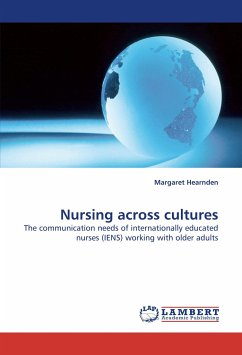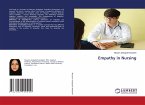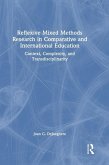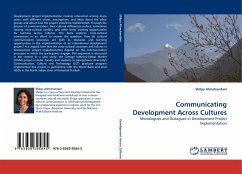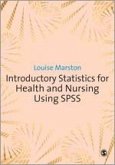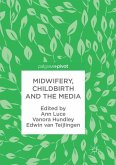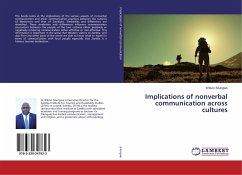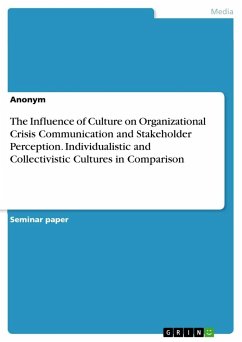In Canada and elsewhere internationally educated nurses (IENs) provide valuable resources to address existing and predicted nurse shortages concurrent with the needs of aging and growing multicultural populations. Studies indicate that limited language proficiency hinders some IENs entering or staying in the workforce, yet availability of sector specific English as a second language programs is limited. Research into the experiences of IENs is also scant. This study aimed to address this gap in the research by exploring the communication needs of nurses working with older adults in Ontario, Canada. Interview and questionnaire data were collected over 9 months from 19 IEN and 9 non-IEN participants. Findings indicate that IENs may experience significant barriers including but not limited to language proficiency, pragmatic flexibility and most specifically socio-cultural competence when coming to work in Ontario. In many cases, educational supports to address these issues are inconsistent and inadequate, leaving many IENs unable to confidently function at the required entry level of nursing.
Bitte wählen Sie Ihr Anliegen aus.
Rechnungen
Retourenschein anfordern
Bestellstatus
Storno

